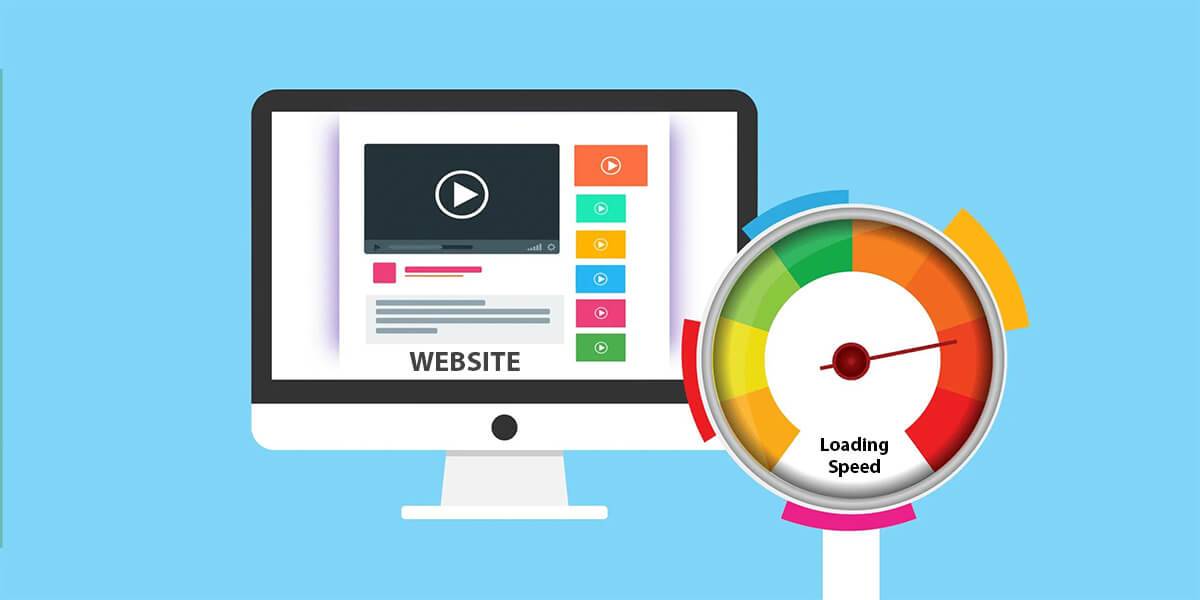Beyond Backlinks: How to Improve Your Website’s Search Rankings Without Building Links

Digital marketers are well aware of the role backlinks play in search rankings. Search engines perceive backlinks as a sign of popularity and authority. As the number of backlinks to your website increases, so will its search rankings. With that said, your search engine optimization (SEO) shouldn’t consist entirely of building. There are other ways to improve your website’s search rankings, and by diversifying your SEO strategy, you’ll achieve better results.
Is It Possible to Rank Without Building Backlinks?
You might be wondering whether it’s even possible to land a first-page search ranking without building backlinks. After all, most websites that rank high for competitive keywords have thousands of backlinks. The good news is that it’s entirely possible to achieve high search rankings without building backlinks.
In 2017, Google Senior Webmaster Trends Analyst John Mueller revealed that most high-ranking websites never “build” a single backlink. They may attract backlinks, but successful SEO companies don’t manually build deceitful backlinks.
Target Relevant Long-Tail Keywords
If you’re trying to achieve high search rankings without building backlinks, target relevant long-tail keywords. Keywords are classified as either short or long tail depending on their length. As their name suggests, long-tail keywords are longer than their short-tail counterparts, with most long-tail keywords consisting of three to five words.
At just one to three words each, short-tail keywords typically generate more searches than long-tail keywords, but they also have more competition. By targeting relevant long-tail keywords, your website will climb the search engine results pages (SERPs) with minimal effort.
Include Keywords in Title Tags and Meta Descriptions
Regardless of which keywords you want to rank your website for, you should include them in the title tags and meta descriptions. Every web page must have a title tag and meta description. These two essential meta elements tell search engines more about the respective web page and what it’s about.
The title tag is generally used as the headline for a web page’s organic listing, whereas the meta description is a longer and more detailed description of the web page that’s displayed below the title tag in its organic listing. Search engines use these meta elements to create organic listings, so they’ll naturally influence the keywords and positions for which your website ranks.
Publish High-Quality Content Weekly
Another tip to achieve high search rankings without building backlinks is to publish high-quality content at least once a week. If you rarely or never publish content — or if you mass-produce low-quality content — search engines won’t give your website favorable rankings. Google and Bing may still index your website and its pages, but you can expect significantly lower search engine visibility unless you regularly update your site with fresh, high-quality content.
Add Visuals to Text Content
Visuals like images, videos and infographics can complement your website’s text content by adding new information and improving its overall readability. If you look at some of the top-ranked web pages for evergreen topics, you’ll probably notice that most, if not all, contain both text and visuals.
Statistics show web pages with visual and text content attract nearly twice the traffic as those with only text content, primarily because they rank higher in the SERPs. Search engines recognize the value of visual content. Web pages with visuals generate stronger visitor engagement signals than text-only web pages, so search engines rank them higher. With the exception of your terms and conditions and privacy policy pages, you should include both text and visuals on most of your website’s pages.

Optimize Your Website’s Speed
The speed at which your website loads affects more than just its user experience (UX); it also affects your website’s search rankings. Google has factored speed into the search rankings of its desktop results for nearly two decades. And in 2018, Google expanded this ranking signal to its mobile results. This means fast-loading websites are more likely to rank high on Google for both desktop and mobile users than slow-loading websites.
To optimize your website’s speed, follow these tips:
- Upgrade to a faster web hosting service.
- Shrink and crop images to the appropriate size and shape before uploading them to your website.
- Use the “Save for Web” feature in Adobe Photoshop to further shrink the file size of your website’s images.
- Avoid redirects when possible.
- If your website runs WordPress, avoid installing and activating too many plugins.
- Use Google’s PageSpeed Insights tool to identify problems that may be contributing to long load times.
Switch to a Responsive Design
Does your website have a responsive design? You must design your website so that it’s accessible to all visitors, regardless of device.
Traditional web designs don’t offer a good UX for smartphone and tablet users. When a mobile user attempts to access a desktop-oriented website, he or she may encounter hard-to-read text, horizontal scrolling, broken elements and other UX problems. A responsive design solves these problems by providing a universal UX. Whether a visitor is accessing your website on a desktop computer, laptop computer, smartphone or tablet, he or she will have the same positive UX.
Use Keywords in URL Slugs
When creating new web pages, include the primary keyword for which you want to rank in the URL slug. The URL slug is the section of a web page’s URL that trails the domain. A web page located at example.com/how-to-perform-seo-without-building backlinks has the URL slug “how-to-perform-seo-without-backlinks.” Compared to generic and nondescript URL slugs like example.com/a9jd6kd, keyword-rich URL slugs perform better in the search results. They help visitors remember the web page’s address, while also telling search engines what the page’s content is about.
All search engines use backlinks as a ranking factor, but there are ways to improve your website’s search rankings without manually building links. Regularly publishing new pages of content, as well as optimizing those pages for your target keywords, will help your website rank higher in the search results.










